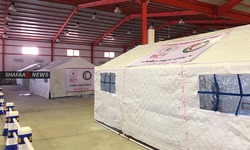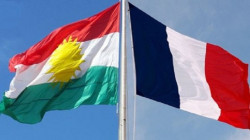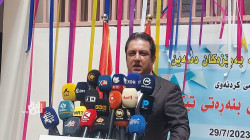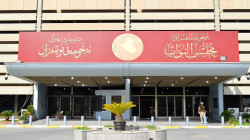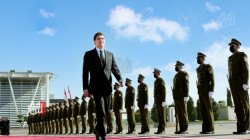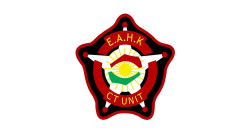Erbil to launch an Initiative to address water waste in cooperation with Japan
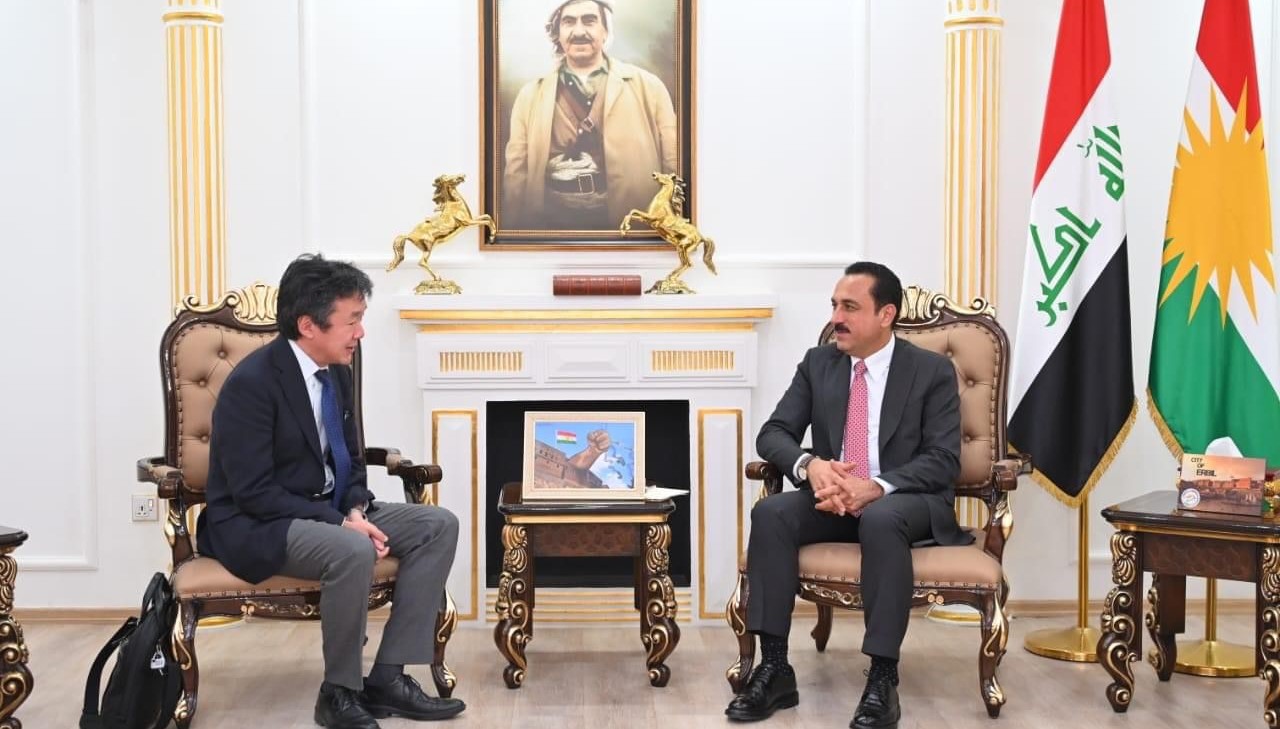
Shafaq News/ Erbil's local government has plans to establish a strategic water project in collaboration with a Japanese company, officials announced on Sunday.
Erbil Governor Omid Khoshnaw met with the head of the Japan International Cooperation Agency (JICA) to discuss the project's implementation, according to a statement from the governorate's media office.
The water rehabilitation project, budgeted at $288 million, is a key strategic initiative for the Kurdistan Regional Government, it said. "JICA will oversee the first phase of the project."
The project aims to rehabilitate wastewater from households for modern irrigation purposes in parks and orchards, the statement added.
The water crisis in Erbil is not a recent issue, as the city has historically struggled with water shortages due to its topography and the absence of major rivers and dams in close proximity. The situation, however, has reached a dangerous level in recent years due to the unequal distribution of limited water resources and the rapid population surge.
In the scorching heat of Erbil's unforgiving summer, the residents of impoverished neighborhoods already endure the relentless agony of water scarcity. With temperatures soaring above 40 degrees Celsius, the situation has quite literally become a struggle for survival. Forced to purchase water from tanker trucks at exorbitant prices, these vulnerable residents are left with no choice but to spend a significant portion of their meager incomes on this essential resource. Each day, they line up anxiously, hoping to secure enough water to keep themselves and their families hydrated, to bathe, and to do basic cleaning. The burden of water scarcity weighs heavily on their shoulders.
Erbil relies on two main sources for clean water supply. Ifraz is the first source, situated 30 kilometers away and providing 35% of the water supply by drawing from the Great Zab River. Most of the remaining supply is obtained from 1240 water wells across the city, but access to this second source is becoming increasingly challenging. The Kurdistan Regional Government has issued several warnings about the significant drop of roughly 500 meters in Erbil's underground water levels over the past two decades, leading to a striking decline in water accessibility. In just a few decades, the depth required to dig a well for sufficient water supply has escalated dramatically from 100 meters in the 1960s to 200 meters in 2003, and now to an astounding 700 meters in 2022. This steep decline in water availability underscores the severity of the water crisis facing the city and emphasizes the urgency of sustainable water management and conservation measures.
